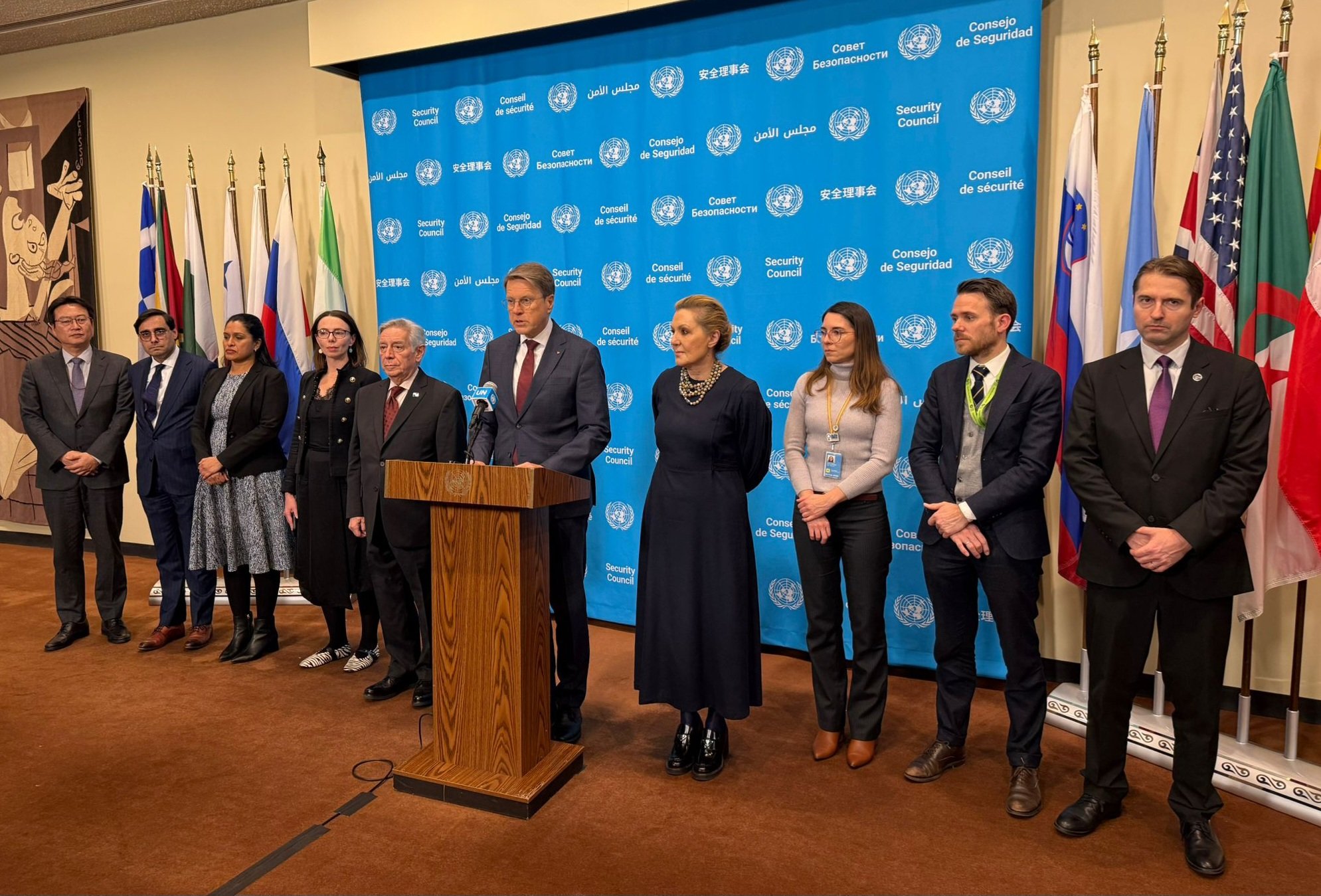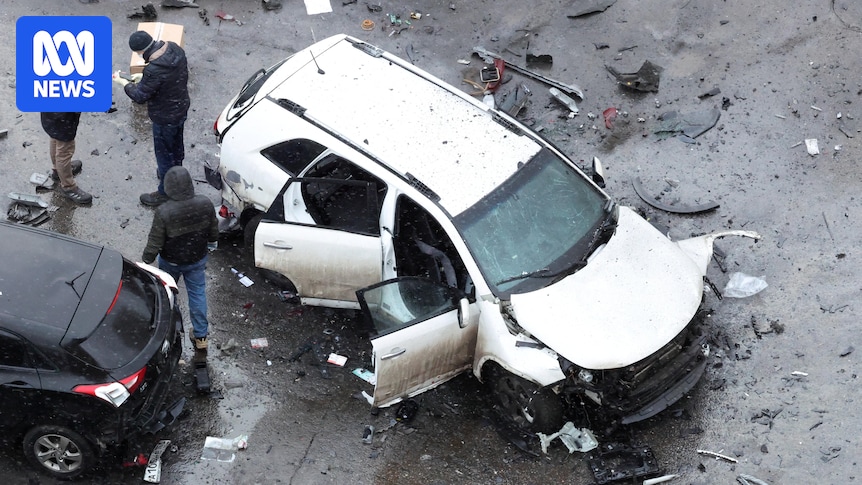- UN warns Sudan war entering deadlier phase as fighting spreads in Kordofan UN News
- Sudan drone attack on market kills 10 Dawn
- Drone strike plunges Sudan major cities into darkness as civil war rages Al Jazeera
- More than 50,000 flee Sudan’s…
Category: 2. World
-
UN warns Sudan war entering deadlier phase as fighting spreads in Kordofan – UN News
-

Women, Peace and Security in Sudan
We – Denmark, France, Greece, Guyana, Panama, Republic of Korea, Sierra Leone, Slovenia, and the United Kingdom, Security Council signatories of the Statement of Shared Commitments on Women, Peace and Security (WPS) – express our…
Continue Reading
-
Iran: Briefing on the Implementation of Resolution 2231 on the Joint Comprehensive Plan of Action (JCPOA) – Security Council Report
- Iran: Briefing on the Implementation of Resolution 2231 on the Joint Comprehensive Plan of Action (JCPOA) Security Council Report
- UN Security Council votes to reimpose Iran nuclear sanctions SouthTexasNews.com
- Exclusive | Snapback sanctions have…
Continue Reading
-
Cholo Abdi Abdullah Sentenced to Life in Prison for Conspiring to Commit 9/11-Style Terrorist Attack on Behalf of Al-Shabaab – Department of Justice (.gov)
- Cholo Abdi Abdullah Sentenced to Life in Prison for Conspiring to Commit 9/11-Style Terrorist Attack on Behalf of Al-Shabaab Department of Justice (.gov)
- Kenyan Al-Shabab member sentenced to life in US for 9/11-style plot Arab News PK
- Life in…
Continue Reading
-
Winter aid delivery continues in Gaza – UN News
- Winter aid delivery continues in Gaza UN News
- A soaked tent or a bombed-out ruin: Gazans face a grim choice this winter CNN
- New Israeli rules could block NGOs from Gaza, risking lifesaving care in 2026: MSF TRT World
- KSrelief sets emergency camp…
Continue Reading
-

Russian general Fanil Sarvarov killed by car bomb in Moscow, officials say
A car bomb has killed a senior Russian general in Moscow as officials report “slow progress” in ceasefire talks with the United States on how to end the war in Ukraine.
Top negotiators from both Russia and Ukraine were in Miami over the weekend…
Continue Reading
-
Photo of the Year: Top refugee photos from 2025 – USA for UNHCR. The Un Refugee Agency
- Photo of the Year: Top refugee photos from 2025 USA for UNHCR. The Un Refugee Agency
- Democracy Was the Target, DEI Was the Scapegoat: Key Pictures of 2025 Reading The Pictures
- Sun-Times and WBEZ photographers describe their favorite photos of…
Continue Reading
-
Mission Nigeria Update on Visa Issuance – U.S. Embassy and Consulate in Nigeria (.gov)
- Mission Nigeria Update on Visa Issuance U.S. Embassy and Consulate in Nigeria (.gov)
- Trump adds 7 countries, including Syria, to full travel ban list Dawn
- Working the diplomatic channels continuously has become imperative The St Kitts Nevis…
Continue Reading
-
Weekend attacks in Ukraine bring more casualties, damage infrastructure – UN News
- Weekend attacks in Ukraine bring more casualties, damage infrastructure UN News
- Russia-Ukraine war live: Ukraine ‘in the dark’ after latest Russian attacks Al Jazeera
- Ukraine loses embattled eastern town as Russian advance continues BBC
Continue Reading
-
LIVE: Security Council meets on escalating violence in Sudan – UN News
- LIVE: Security Council meets on escalating violence in Sudan UN News
- Sudan’s PM Kamil Idris presents peace plan to UNSC to end war Al Jazeera
- Pakistan demands political dialogue, immediate ceasefire as Sudan conflict rages on Arab News
Continue Reading